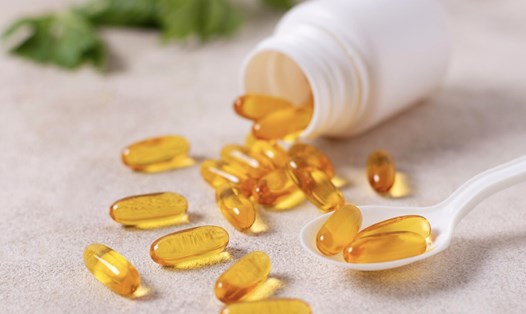Honey is richer in vitamins and antioxidants than agave
Agave ( table top) and honey are both natural sweeteners commonly used in modern cuisine. However, when considering nutritional value, honey is somewhat better. According to nutritionist Brittany Lubeck (MS, RDN, USA), honey contains more vitamins and minerals, especially calcium, magnesium, potassium and antioxidants such as quercetin and gallic acid.
These substances have anti-inflammatory properties, helping to protect cells from oxidative stress, one of the causes of heart disease and premature aging, Lubeck said in a report published in verywell Health.
Meanwhile, siro agave extracted from the leaves of the monk fruit tree contains a significantly higher fructose content. Fructose is a type of simple sugar that when consumed in excess can put a burden on the liver and increase the risk of fatty liver disease, type 2 diabetes or metabolic syndrome.
Fructose - a double-edged sword for gut and brain health
Despite their high fructose content, monk fruit contains fructan, a prebiotic fiber that supports beneficial bacteria in the gut. However, fructan is also a member of the FODMAP group, which can cause bloating or abdominal pain in people with irritable bowel syndrome (IBS).
In contrast, honey has a higher glycemic index than agave, but the impact on blood sugar levels is still lighter than refined sugar. Some studies at Northwestern University (USA) show that consuming a small amount of honey per day can help improve insulin response and increase brain energy.
However, according to expert Khushma Shah, Institute of Applied Nutrition, the important thing is the dosage: Whether it is honey or agave, consuming too much is harmful to metabolism. A spoonful per day is a reasonable safety level".
Eat sweets properly, the key to protecting the cardiovascular and liver
Both honey and agave should be consumed in moderation. Honey may be a priority because it contains more vitamins and antioxidants, while agave is suitable for people who need to reduce blood sugar spikes after eating.
Experts recommend limiting total added sugar intake, including from natural substances, to less than 10% of total energy per day, equivalent to about 50g of sugar for adults.
Whether it is honey or agave, the key is moderation, Lubeck concludes. When used properly, they can bring natural sweetness while still ensuring cardiovascular, digestive and brain health.










